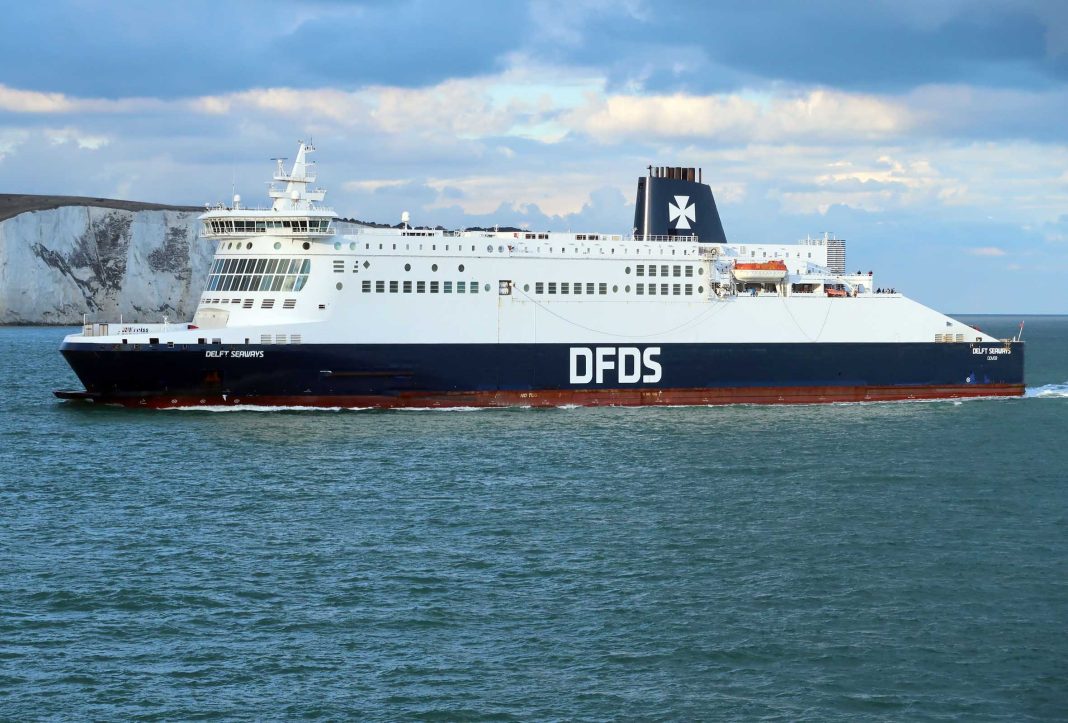DFDS released their results recently for the first quarter. Overall revenue declined one per cent in first quarter of 2020 to DKK 3.8bn (£445m). There was a 16 per cent decrease in passenger revenues during the period due to restrictions on non-essential travel in the UK and Europe.
Freight routes continued to operate to maintain supply chains and production, keeping essential goods and food supplies flowing and projected profits for 2020 reduced from DKK 3.6 billion (£421m) to DKK 2 billion (£234m).
From mid-March the company suspended two of its passenger routes (Newcastle to Amsterdam and Copenhagen to Oslo) and restricted passenger journeys on its Dover to France and Newhaven to Dieppe routes to essential travel only. It continues to operate freight services on its routes across the English Channel and on key services in the Mediterranean, the Baltic Sea and the North Sea.
Freight volumes on the company’s European network declined as lockdowns were introduced in March, impacting manufacturing and other industry sectors. A 13 per cent drop in freight volumes was seen on the Dover to Calais and Dover to Dunkirk routes in the quarter. Passenger numbers fell by 21.5 per cent as a result of the coronavirus restrictions.
“The main reason for the reduced revenue and result was the travel restrictions between countries as a result of coronavirus, which forced the suspension of sailings on our Newcastle-Amsterdam route. Travel on the Dover to France and Newhaven to Dieppe routes is restricted essential passenger journeys,” said Kasper Moos, head of DFDS’ short routes and passenger business.
“These routes remain open for freight traffic to keep supply chains and production running and ensure that food and other supplies remain available in the shops.
“We have introduced all recommended measures to protect our employees, partners and customers against the spread of the virus, and to ensure we can keep operating and live up to our obligations to our customers and the communities we serve.”
DFDS employs approximately 2,200 people in its UK ferry and logistics operation, where a few hundred staff have been furloughed with support from government wage compensation schemes.
The company has secured funding from lenders and has the liquidity needed to bring the company safely through the coronavirus crisis, despite a predicted DKK 2 billion (£234m) reduction in its projected earnings for 2020.


